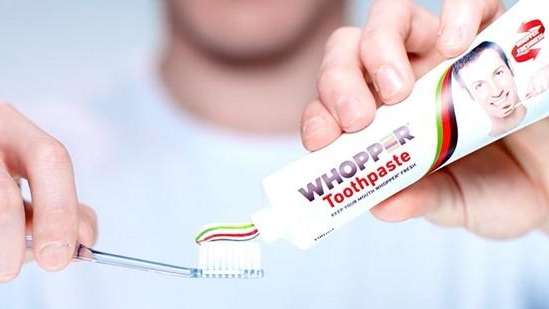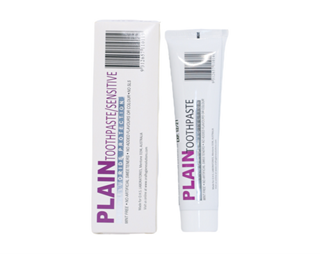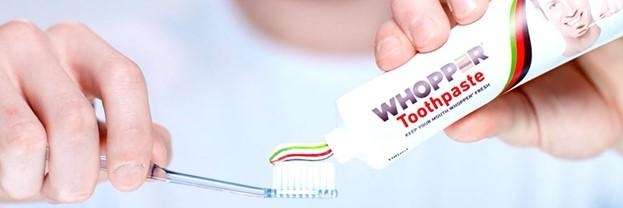
There are many types of toothpastes available. Which one is the best for each of us depends on the individual. At Power Dental Practice we will be able to give you a personal recommendation. Here are the main types:
1. Regular adult fluoride toothpaste
This is what we all are used to: it contains fluoride - 1,000 parts per million (ppm) is the common amount in Australia - which is a naturally-occurring mineral hardens enamel and makes it more resistant to decay and cavities. It can even reverse early stages of decay. Usually a mint flavour and can be mild or strong in taste. Pick one you like the taste of. This is the one we most often recommend. Fluoride has brought about a revolution in reducing tooth decay and tooth loss.
2. Children's fluoride toothpaste
For children under 6. This has a reduced amount of fluoride (500 ppm) and a milder flavour. Most are mild mint, but others are available.This is good for 1st teeth for most children and it gets them used to brushing with a flavour. However, if your child has a high decay rate (lots of cavities), we may recommend an adult fluoride toothpaste. We recommend only a smear of toothpaste on the brush, as small children often end up swallowing it.
3. Whitening toothpaste
Whitening toothpastes are not like whitening gels that get applied at Power Dental Practice or in special trays we may give you to use at home. Whitening gels contain Hydrogen Peroxide (or similar) and remove discolouration within the enamel of the tooth. Whitening toothpastes only remove stains n the outside of the enamel and so make the teeth a little "whiter". They often contain extra ingredients to help remove stains, but some are a bit abrasive and so we caution people about using them regularly. They also contain regular fluoride levels.
4. Sensitive toothpastes
If your teeth are sore when you eat or drink something hot, cold, sweet or acidic, this may be a great choice for you. But, check with your dentist/hygienist to check that you don't have a cavity. There are lots of brands of sensitive toothpastes. They contain extra ingredients that help stop the nerves in the teeth conducting pain signals. These pastes work quite well but take some time to be fully effective. These also contain regular fluoride levels.
5. Herbal or Natural toothpastes
These are usually formulated with plant-based ingredients, such as peppermint oil, tea-tree oil. aloe vera, liquorice root and menthol. Some will use minerals like baking soda or chalk as the abrasive to help clean the teeth. Most will be free from synthetic chemicals, artificial flavours, colours, and foaming agents, making them a good choice if you have sensitivity to these sorts of things. However, almost all of these toothpastes have NO FLUORIDE. Therefore, we at Power Dental Practice do not recommend these as the only toothpaste you use. We recommend at least daily use of a fluoride containing toothpaste, as well.
6. Plain toothpaste
Plain toothpaste, as its name suggests is plain. It has no flavour, no colours. no mint, no regular foaming agent (Sodium Lauryl Sulphate, or SLS). It does still contain regular amounts of the naturally-occurring mineral fluoride. This is a great choice which we at Power Dental Practice recommend for those with lots of allergy problems.

7. Dry Mouth toothpaste
Many people these days have dry mouths. Often this is related to medications we are taking, but also radiotherapy and auto-immune disorders, and makes us more susceptible to tooth decay and gum disease. If this is you then a dry mouth toothpaste may help. They contain ingredients which reduce the irritation of the mouth and make it feel more comfortable and moist. Most have no SLS but do contain fluoride.
What's next?
Next time you're in, why not ask your dentist or hygienist about which toothpaste they recommend for you. Who knows, you might just get a sample or 2 to try!!!

